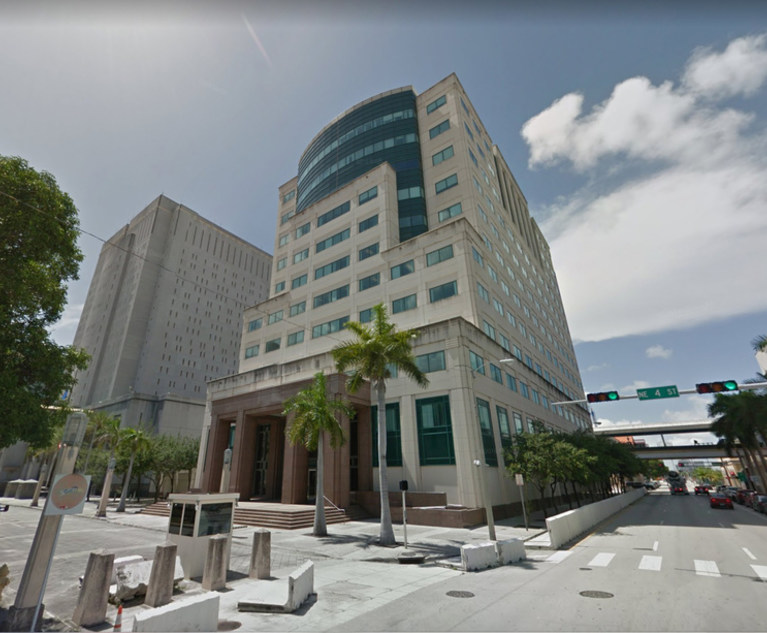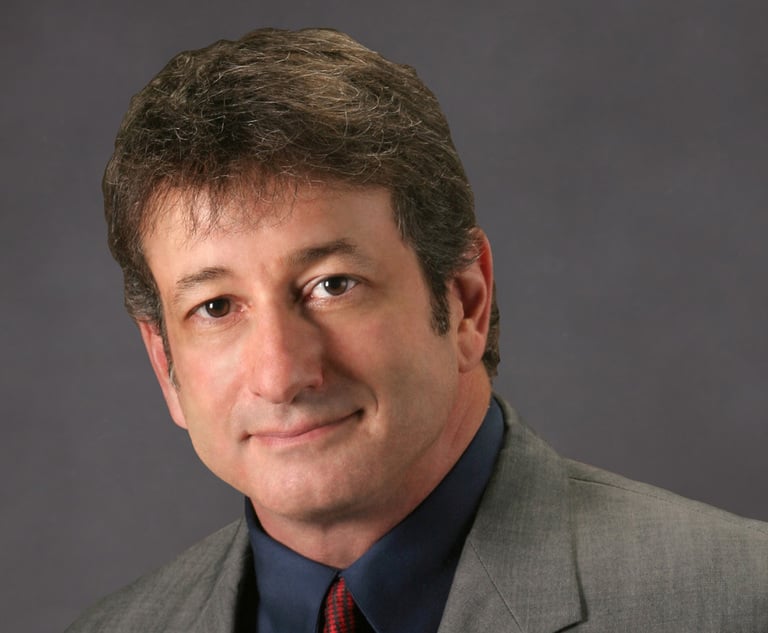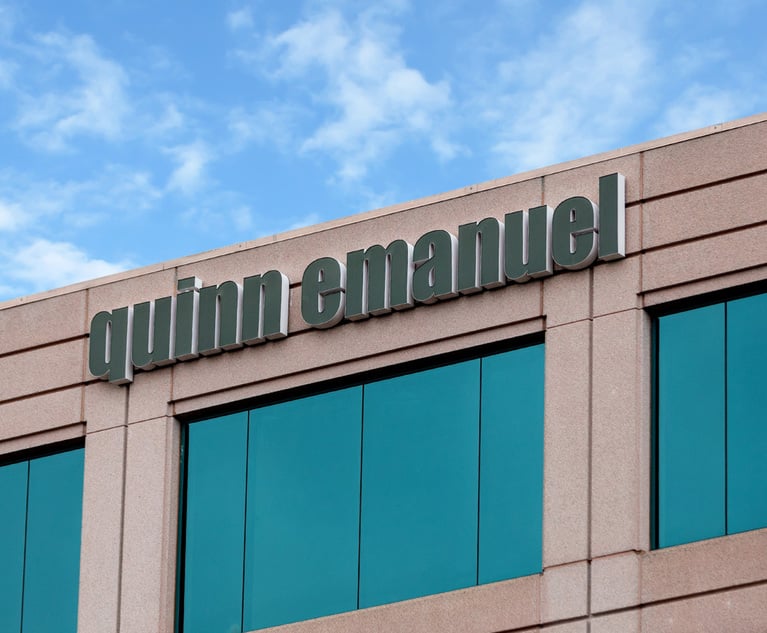The growth of litigation funding has widened the pool of law firms that can take on big cases, but their increasing popularity means boutique firms that have traditionally landed multimillion-dollar lawsuits by taking them on contingency or offering alternative fee arrangements are now taking a hit.
José Astigarraga, a co-founder of the former Miami-based boutique firm Astigarraga Davis, said he left his firm earlier this year in part because third-party funders have changed the game. In April, Astigarraga joined Reed Smith, which in 2017 ranked No. 25 on the Am Law 200.


 Jose Astigarraga
Jose Astigarraga





